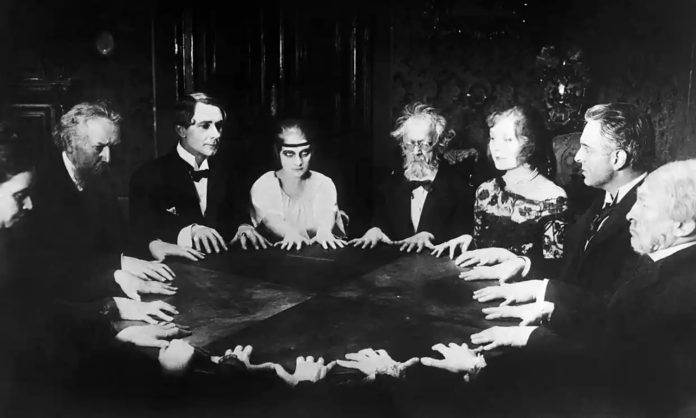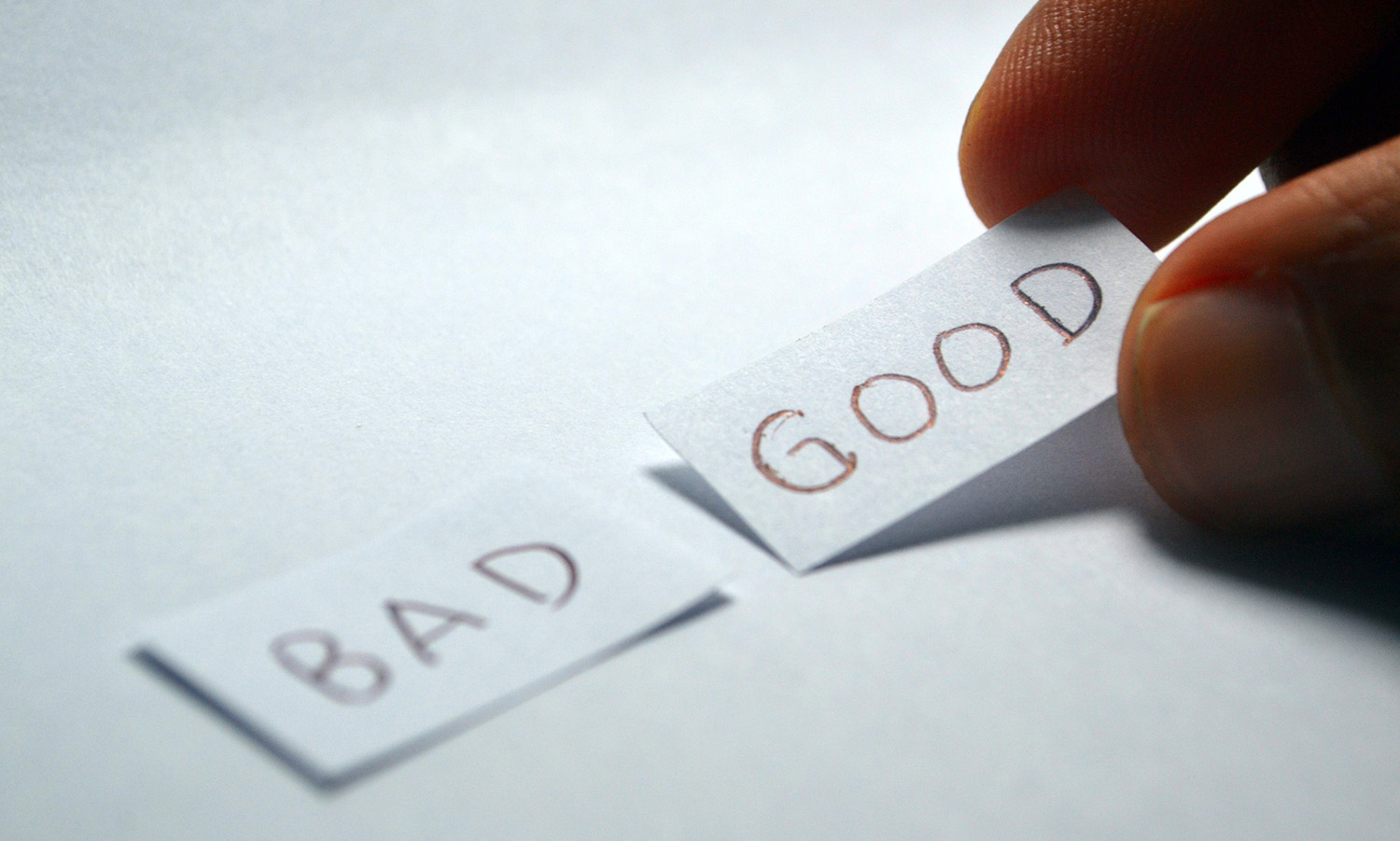Are you stuck for inspiration? Feeling the effects of writer’s block? Have you tried all earthly means to cure your affliction? In an article for Writer’s Digest, Coco Picard shares seven automatic writing experiences to trigger your muse. “No matter where they come from, automatic techniques provide a great way to capture the idiosyncratic energy of an idea,” she says. “I find my best juxtapositions through automatic writing, while often discovering an emotional core of a character that I never would have realized previously. Plus, it’s a lot of fun.”
Picard used six writers whose work bordered on the paranormal to develop these experimental writing prompts.
- Fernando Pessoa (1888-1935). “Pessoa famously developed a suit of heteronyms or alter egos and wrote from their voices—some say as a way of creating the literary scene he wished existed,” Picard says. For this exercise, list two or three characters or objects in your writing. Close your eyes and slow your breathing. After about 20 seconds, open your eyes and see what your gaze falls on. Spend some time writing about that person’s or object’s aesthetic preferences. As you describe their visual style, start to write in their voice.
- William Butler Yeats (1865-1939). Make a list of 20 items that have been misplaced, either by your character or you. Tear the paper into small pieces that cannot be reassembled and place them in a covered dish or box. After a few days, return to the pieces of the list but don’t try to reassemble it. Try to recall what was on the list and begin writing about those objects. Describe the object, including scent and what emotions it evokes. What was lost when the object went missing? Where could it be found?
You can read more prompts inspired by Qian Xi, Lucille Clifton, Leonora Carrington, and Gisèle Prassinos in the article.









